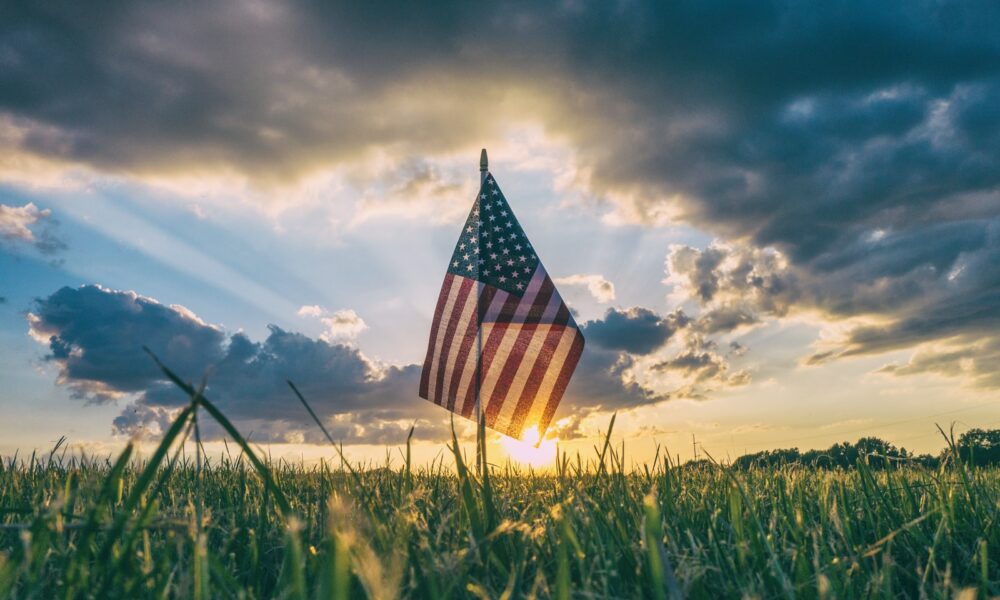Business
Marijuana Supports Veterans

When the American Revolution broke out in 1775, the colonists weren’t fighting under a single flag. Most regiments participating in the war for independence fought under their own flags. In June of 1775, the Second Continental Congress met in Philadelphia to create the Continental Army, a unified fighting force, with the hopes of a more organized war against its the British. This led to the creation of what was, essentially, the first “American” flag, the Continental Colors.
The VA says sources vary on the first Flag Day observances, with Hartford, Connecticut, claiming the earliest in 1861. National recognition of Flag Day came later, with President Woodrow Wilson issuing the first presidential proclamation establishing a national Flag Day in 1916. The holiday wasn’t signed into law until 1949, when Congress approved legislation designating June 14 of each year as Flag Day.
You can’t look at flag day without thanking all the military since the Revolution including Vietnam, Iraq and other battles/wars. The acceptance of medical marijuana has been a benefit for our soldiers to help them with the scars of battle.
Marijuana supports the military in at least two major ways, PTSD and pain management. At some point, 7 out of every 100 Veterans (or 7%) will have PTSD. Currently, Veteran Administration (VA) doctors cannot provide or recommend medical marijuana for veterans as the federal status for cannabis remains a Schedule 1 substance, making the drug illegal in the federal government’s eyes. Because of this, veterans should never bring any type of marijuana into a VA facility, even when provided through a state-sanctioned medical marijuana program.
However, veterans participating in a state-sanctioned medical marijuana program will not be denied VA benefits, according to the Department of Veterans Affairs. VA providers are able to discuss cannabis use with veteran patients and adjust care and treatment plans as needed. Veterans are encouraged to discuss medical marijuana use with their VA providers as part of their confidential medical record.
The VA will not pay for medical marijuana prescriptions from any source, nor will VA providers complete paperwork or forms required for a veteran to participate in a state-approved medical marijuana program.

A study adds more evidence to the theory that THC has a positive effect on Post-traumatic stress disorder (PTSD). Published in the journal Neuropharmacology and conducted by researchers from Wayne State University, the study found that the combination of a specific type of therapy and moderate amounts of THC were particularly beneficial for people with PTSD.
Being a soldier is tough work in some difficult environments. Their bodies take a beating and as time goes by, it can lead to pain. Cannabinoids have shown significant promise in basic experiments on pain. Peripheral nerves that detect pain sensations contain abundant receptors for cannabinoids, and cannabinoids appear to block peripheral nerve pain. Even more encouraging, basic studies suggest that opiates and cannabinoids suppress pain through different mechanisms. If that is the case, marijuana-based medicines could perhaps be combined with opiates to boost their pain-relieving power while limiting their side effects.
Today and every day is an opportunity to thank veterans for what they do for the country.
Source: https://thefreshtoast.com/cannabis/marijuana-supports-veterans/